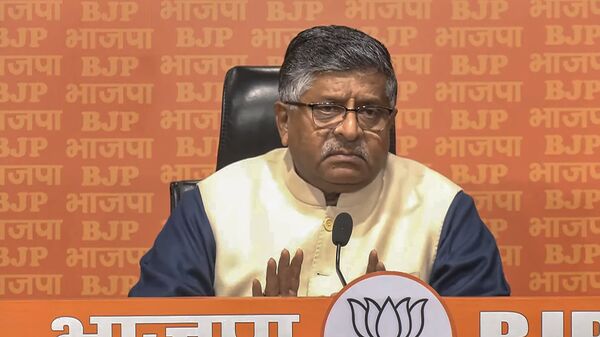Electoral bonds, introduced by the Bharatiya Janata Party (BJP) government in India, were touted as a measure to bring transparency to political funding. However, since their inception, they have been marred by controversy and criticism.
Electoral bonds were introduced in 2018 as a way for individuals and corporations to donate money to political parties anonymously. The government argued that this would curb black money in politics and increase transparency by channeling donations through formal banking channels. Additionally, the BJP claimed that electoral bonds would prevent parties from knowing who had donated to them, thus preventing favoritism or victimization of donors by rival parties.

SOURCE:- INDIA TODAY
Despite these claims, electoral bonds have faced significant criticism from various quarters. One major concern is that the anonymity provided by electoral bonds undermines transparency in political funding. Since the identity of donors is not disclosed to the public or even to the Election Commission of India, there are fears that political parties could be influenced by undisclosed vested interests.
SOURCE:- INDIA TODAY
Moreover, the opacity surrounding electoral bonds raises questions about potential quid pro quo arrangements between political parties and donors. Critics argue that without knowing who is funding political parties, it becomes difficult to hold parties accountable for their actions or to track any potential favors granted to donors.
Another issue with electoral bonds is their potential to exacerbate inequality in political influence. Wealthy individuals and corporations have greater financial resources to purchase electoral bonds, giving them disproportionate influence over policy decisions and political outcomes. This undermines the principle of political equality and could lead to policies that primarily serve the interests of the wealthy elite.
Furthermore, electoral bonds have been criticized for favoring the ruling party, particularly the BJP, which introduced the scheme. Data released by the State Bank of India revealed that a significant majority of electoral bonds sold in the first few phases benefited the BJP, raising concerns about the fairness of the electoral process.
while the BJP government claims that electoral bonds were introduced to bring transparency to political funding, the reality is far more complex. Electoral bonds have been criticized for their lack of transparency, potential for fostering corruption, exacerbation of inequality, and favoritism towards the ruling party. As such, electoral bonds have not lived up to their promise of enhancing transparency in political funding and instead have raised serious concerns about the integrity of the Indian democratic process.
Share your views in the comments

